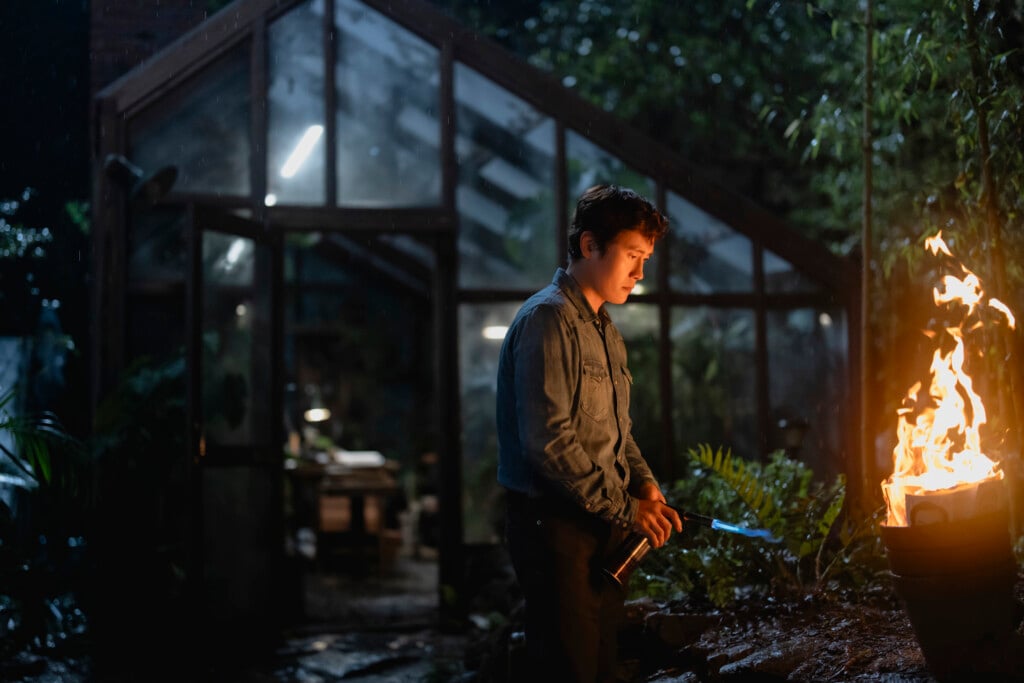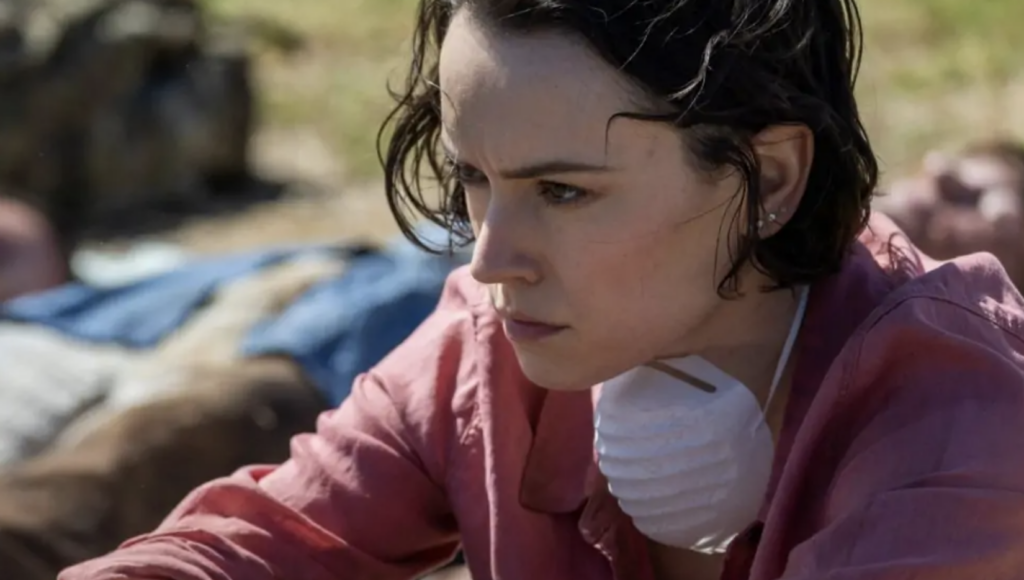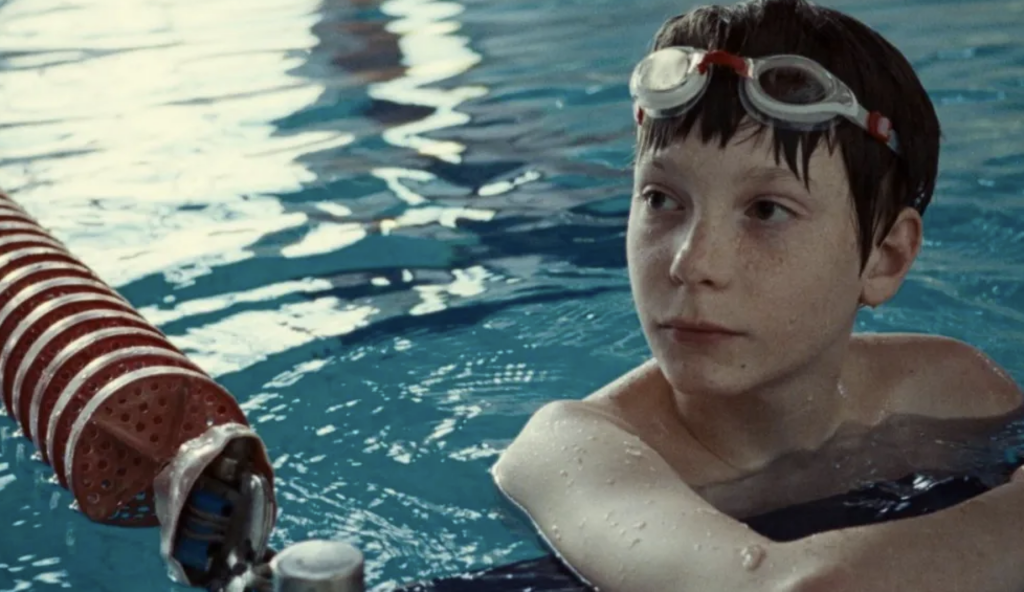Timothée Chalamet makes Wonka better than expected (but just barely)
If the Paddington movies taught us anything, it’s this: Never bet against Paul King.
With two stealth masterpieces under his belt (seriously, if you haven’t watched Paddington and Paddington 2, drop what you’re doing and fix that right now), King has established himself as the UK’s own Jean-Pierre Jeunet. He’s got a wonderfully eclectic and warm sensibility that, combined with a skill for efficient storytelling and visual gags, makes him a unique presence in filmmaking. Unlike, say, Wes Anderson, there’s no quirk for the sake of quirk in a King film — everything typically serves a purpose, whether it sets a tone or becomes a plot device.
All of these talents are again on display in Wonka, even if the film suffers from a combination of Needless Prequel-itis and a little too much ambition. King’s latest isn’t a 10/10 instant classic, and it’s not as hospital-corners neat as his past endeavors (to be fair, he set his own bar astronomically high). However, Wonka will likely find some devoted young fans who take to it like a kid in a candy store, and that’s perfectly fine.
Wonka is, of course, the origin story of magically-gifted chocolatier Willy Wonka (Timothée Chalamet), a young adventurer who arrives in the Big City (let’s call it that, since the location itself remains vague and generally European) with dreams of opening his own chocolate shop. It turns out the city’s existing Chocolate Cartel doesn’t take kindly to young upstarts, and its members try to squash Wonka’s business before it can start.
Wonka also finds himself tricked into indentured servitude to innkeeper/washerwoman Mrs. Scrubbit (Olivia Colman) and her lackey Bleacher (Tom Davis). Wonka bonds with fellow Scrubbit wage-slave Noodle (Calah Lane), who along with the other unhappy “residents” of Mrs. Scrubbit’s operation band together to help Wonka sell his chocolate and free them all from servitude. Oh, and there’s also an Oompa Loompa (Hugh Grant), looking to exact his revenge on Wonka for taking the last of his people’s cocoa beans on one of his adventures.
King’s signature lived-in whimsy is present from the start, from colorful costumes to warm, soft lighting to Joby Talbot’s buoyant score. The friendship between Wonka and Noodle is playful and sweet, and visual jokes abound; during a song about how hard it is to afford living in the city, Wonka starts imagining his bright future before a constable shows him a sign noting the city’s daydreaming fee. King and co-writer Simon Farnaby (also returning from Paddington 2) also jam in all kinds of worldbuilding tidbits to color in the background, like the Chocolate Cartel’s operation being run on the back of a crooked priest (Rowan Atkinson) and a cadre of chocoholic monks.
All this effort makes Wonka a pretty fun time, even if nobody asked for any of it. However, the movie gets bogged down considerably by all the music, slowing the plot down with unremarkable numbers and heightening the film’s surroundings even more than they already are. As a result, some of the movie’s more interesting details don’t get the attention they should (see: Grant’s Oompa Loompa, those chocoholic monks), and King’s Rube Goldberg functionality is significantly weakened. The Paddington movies took their bright and clever London setting seriously, suggesting that such magic could be within our own grasp if we just looked at the world a little differently. Wonka’s musical whimsy, by comparison, feels stagey and unnecessary.
There are issues with Wonka, make no mistake, but in King’s hands, it’s not the empty corporate endeavor it could have been. The movie aims to please and mostly succeeds, even if it’s so goofily earnest you occasionally want to punch it in the face. If Wonka had to be made (and let’s be honest, in today’s IP-driven entertainment world, it was inevitable), this is the most enjoyable, least soul-destroying version you could hope for.






